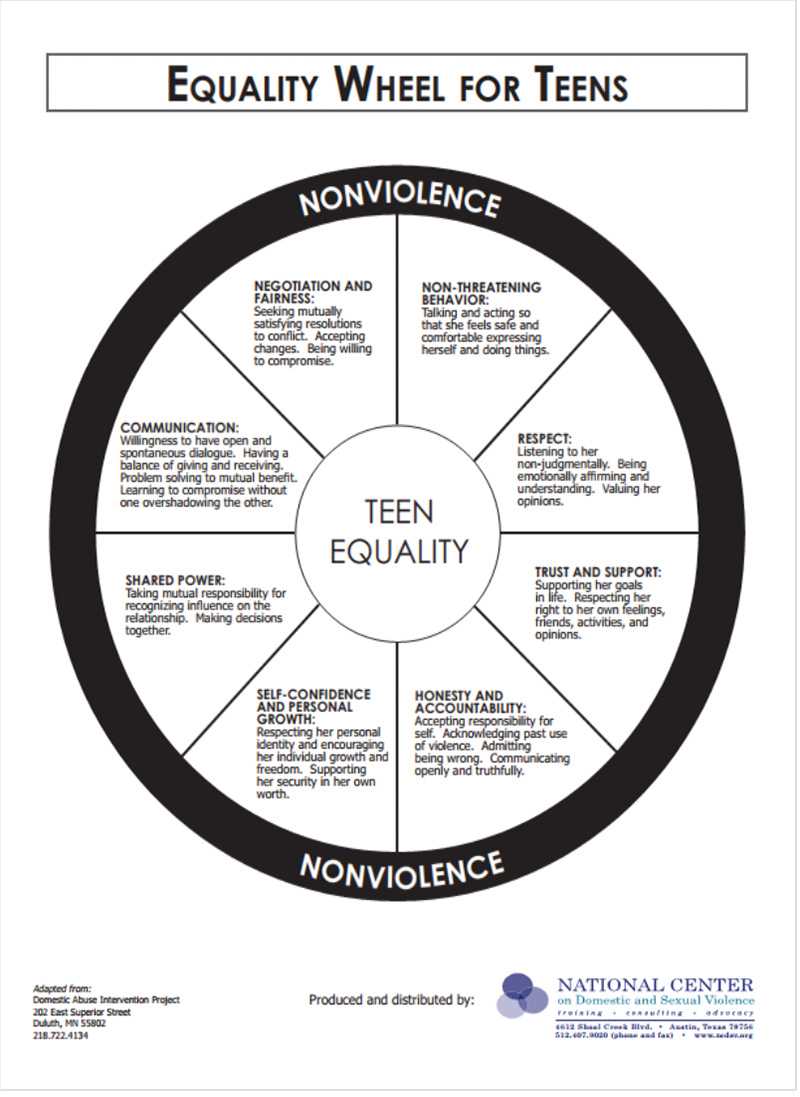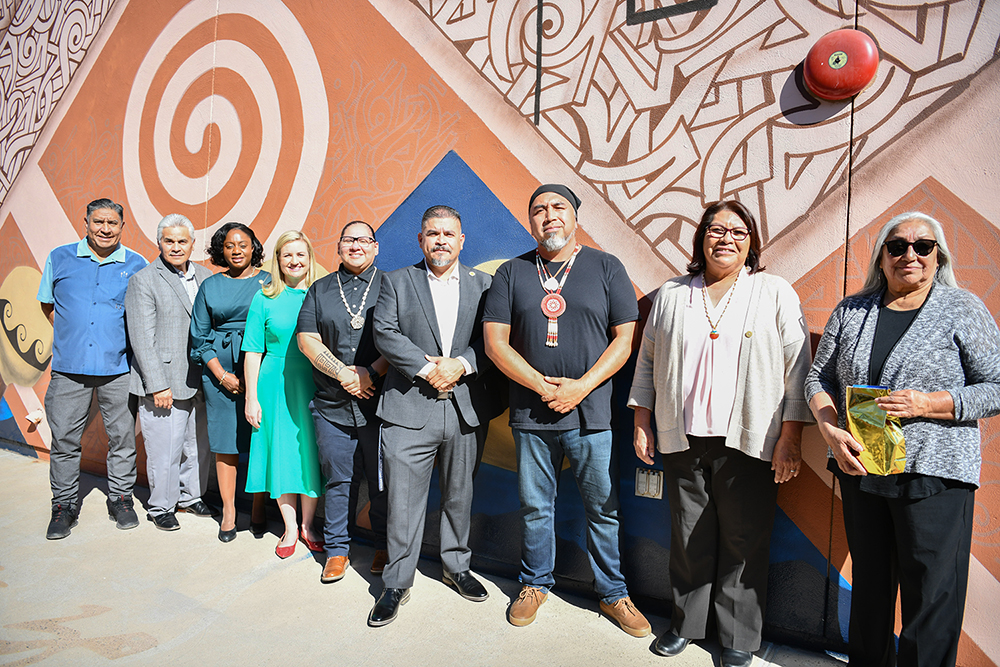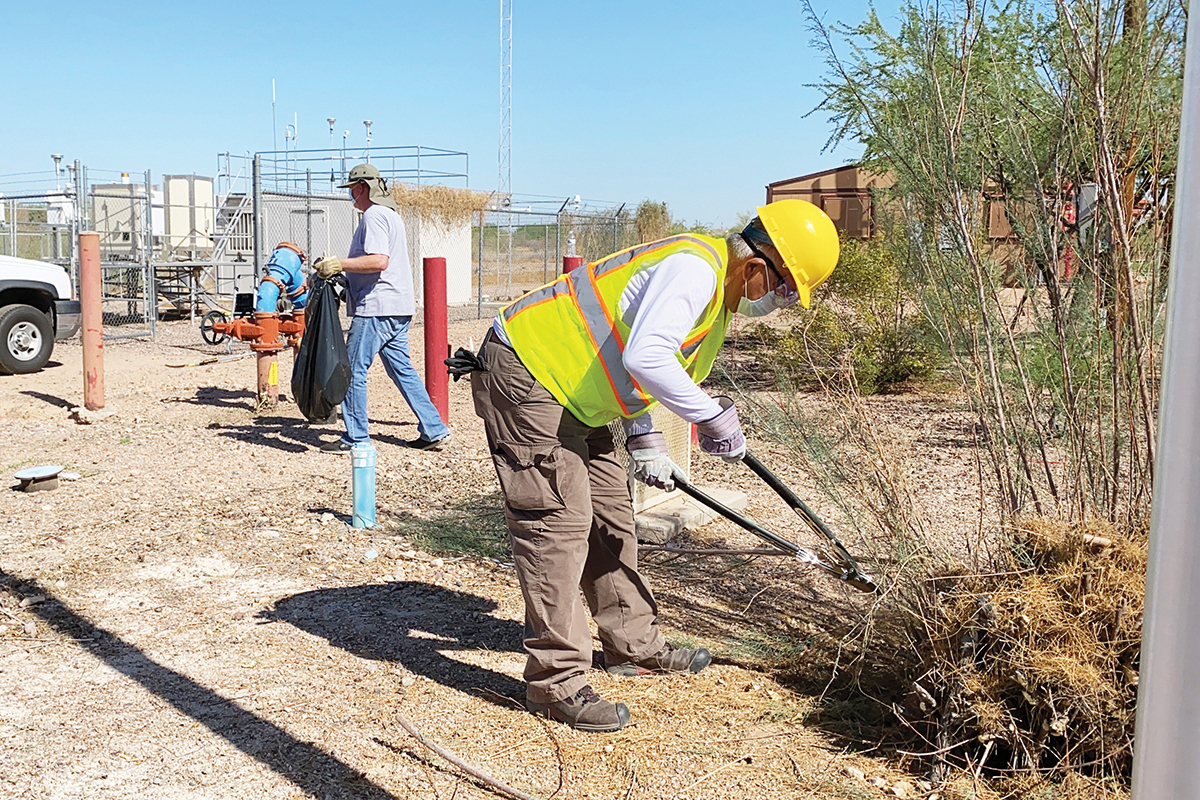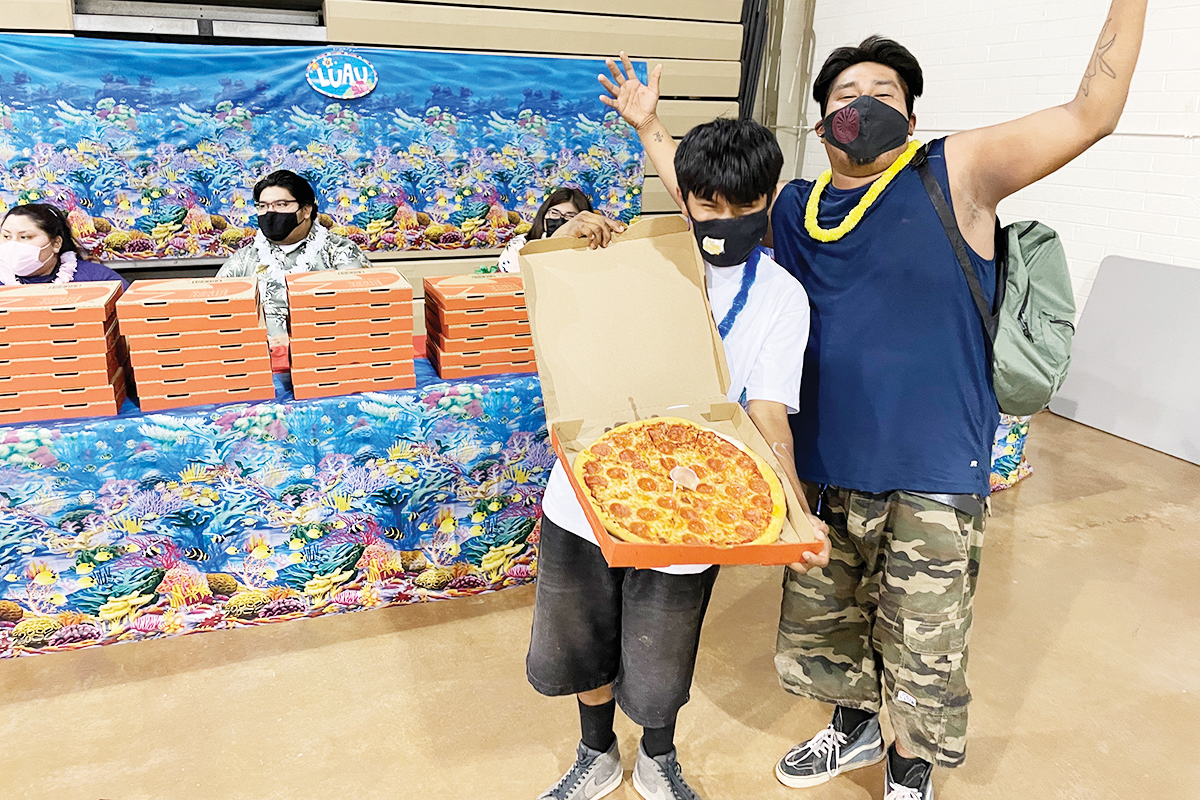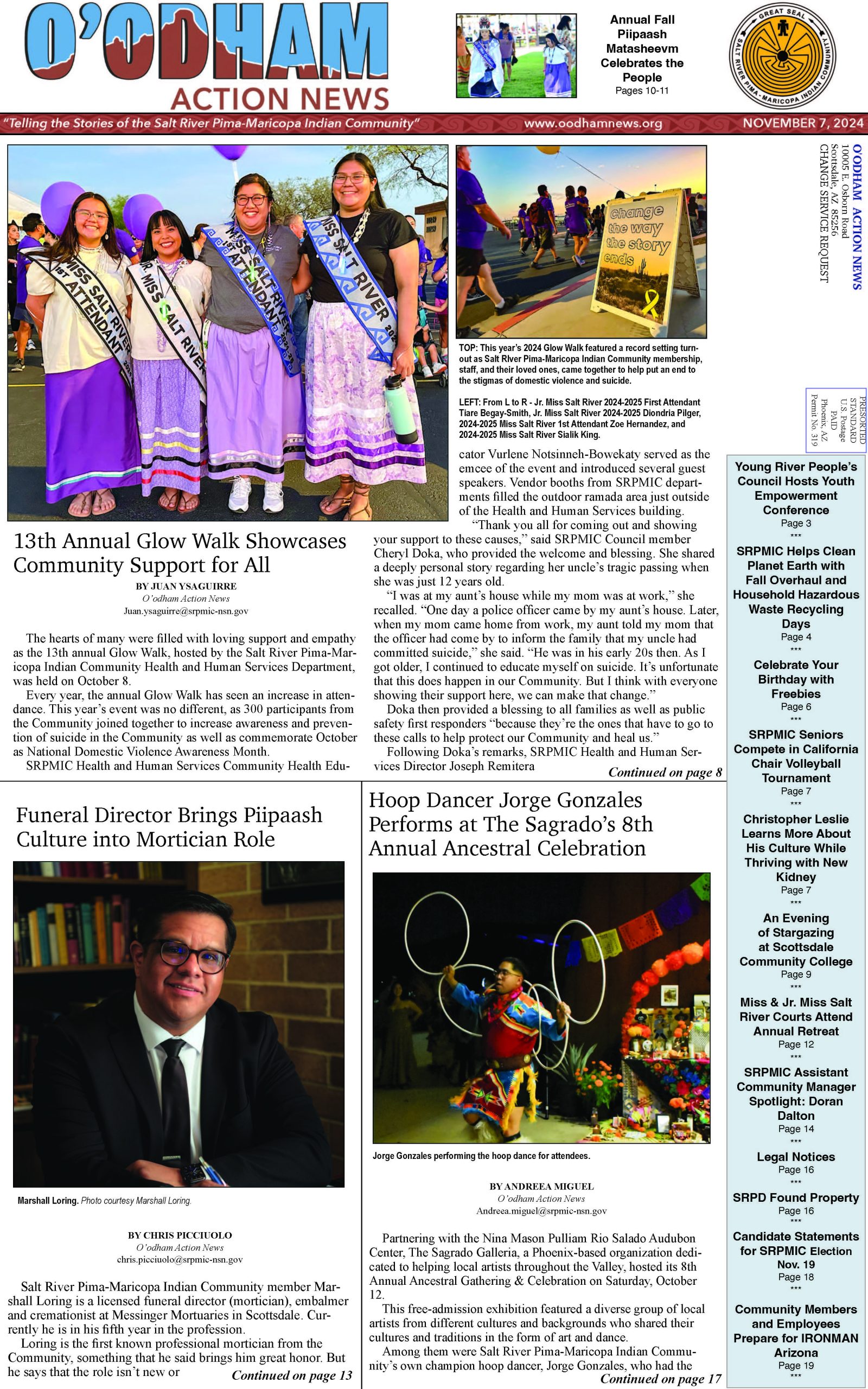VIEWS: 2336
March 17, 2021Teen Dating Violence Awareness Month
Defining what is wrong and right about relationships can be tricky. There are many different dynamics within many different social circles that can complicate things. It is vital to understand boundaries, both boundaries of others and boundaries for ourselves. February was National Teen Dating Violence Awareness and Prevention Month, providing an opportunity to explore aspects of healthy and unhealthy relationships among teens.
Shannon Black-Franklin, LCSW, and Health Educator Vurlene Notsinneh-Bowekaty of the Salt River Pima-Maricopa Indian Community Department of Health and Human Services facilitated a separate Zoom presentation and dialogue with teens to address the many different aspects of relationships.
O’odham Action Newsinterviewed Behavioral Health Services Manager Erin Wilkinson, who helped facilitate the Zoom session.
According to Wilkinson, Black-Franklin and Notsinneh-Bowekaty shared knowledge and skills with the teens on defining types of relationships, identifying characteristics of a healthy relationship, describing and defining boundaries and why they are important, and identifying characteristics of an unhealthy and abusive relationship.
With the older teens, the panel spent some time focusing on four traits of healthy relationship:open communication, healthy boundaries(what they are and why important to have them), individuality(you do not have to give up things you like or value in a relationship, and it is possible for you to grow separately as well as together in a relationship) and mutual respect.
After reviewing the positive aspects of healthy relationships, the teens were then led into the different forms of abuse in relationships that should be addressed immediately:
Emotional/verbal:Putting you down, threatening you in any way, accusing you of cheating, stalking, spreading rumors about you, threatening suicide, attempting to make you feel guilty for the abuse/violence
Physical:Hitting, slapping, choking, kicking, grabbing, pushing, pulling hair, shoving, blocking entrances so you cannot leave
Sexual:Forcing you to do anything sexual you do not consent to do or are not comfortable doing, including sexting, unwanted kissing or touching, and any sexual behavior that is unwanted or interferes with the other person’s right to say no to sexual advances
Digital:Sending threats via social media or text, including forcing you to engage in sexting, stalking you on social media, accessing your social media without permission, forcing you to share your passwords, controlling your use of your phone/social media, constantly calling or texting to check up on you, looking through your phone, and monitoring your call/text log
This information is vital for young people so they can understand what is right and wrong with attitudes and actions when it comes to relationships. For more information, here is a list of contacts:
National Teen Dating Violence 24/7: 1-866-331-9474
Text loveis to 22522
Crisis Text Line, text START to: 741-741
The Klinic Crisis Line: (204) 786-8686
Maricopa Teen Lifeline: (602) 248-8336
Salt River Behavioral Health Services: (480) 362-5707
Salt River Family Advocacy Center: (480) 362-5425
Salt River Crisis Team: (480) 850-9230
Salt River Crisis Line 24/7: 1-855-331-6432

